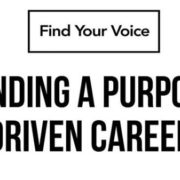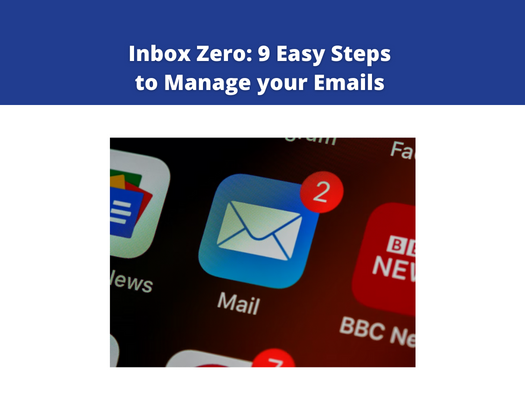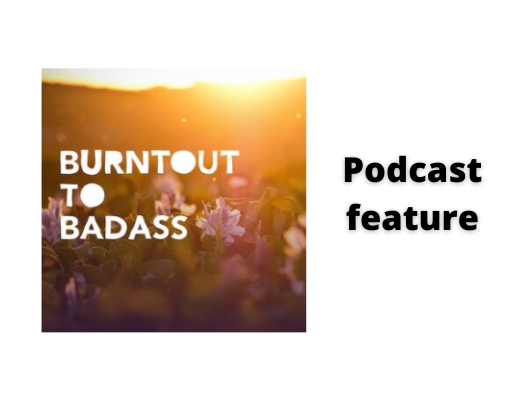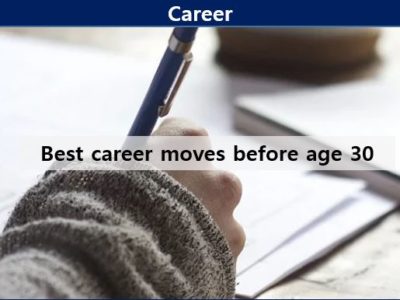This is a guest blog post written by Marlena Holden, a wonderful human being and working professional with 18+ years of experience. Marlena and I held a live Zoom webinar on cover letters and resumes. I have embedded the Zoom replay at the end of this blog post. Be sure to read this blog and watch the video to get the most out of her valuable advice, and also check out the first blog post which is on cover letters.
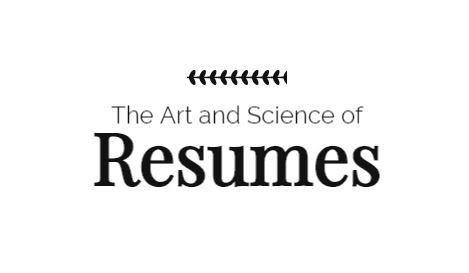
Your resume should be considered your “highlight reel” – filled with your top accomplishments, and backed by data. For each highlight, try to show how you grew something – such as revenue, leads, engagement, or awareness; or how you minimized something, such as costs or time to complete a project. Numbers are important, because they convey measurable impact.
Always assume an HR rep is screening your materials. That’s why keywords are essential in your cover letter and resume. Scour the job posting to make sure you’re using words listed. An HR rep often writes a bulk of the posting, so they will want to see that you paid attention to what’s listed.
Some common questions we were asked on the Zoom:
Where do I include my education?
I recommend putting it at the bottom of your resume, and consider leaving out the dates. This allows both new professionals and seasoned workers not to feel trapped by age discrimination. If the hiring manager needs it, they will ask for it.
Do I need to post my GPA?
In my years of managing, I have never needed to know someone’s GPA; however, some industries do require it to be posted and use it as a screening guide. As a general rule, don’t include it, unless it is asked for.
Should I have a different resume for every application?
Yes, you should be tailoring your resume to each application as we mentioned, with the keywords and accomplishments being specific to attributes that the hiring manager is looking for. A great way to make this easy, is to have a “master resume” where you have a number of accomplishments and bullets all written out, and then shorten that resume to each application as you see fit.
What do I do about gaps on my resume, like being out of the workforce to care for family members or long periods of unemployment?
Gaps have happened to many people, whether for situations they could control or not. Use your cover letter to discuss meaningful gaps, and also consider speaking to certifications, training, or volunteering work you did to keep yourself busy. Show that you are engaged in learning, and most employers will understand.
How do I talk about my work if I’ve never had management experience?
All people have managed. There are people managers and project managers. If you’ve ever been in an office, you managed some aspect of the company’s assets that can be accounted for. Be honest, and speak to what you’ve accomplished. For an entry-level employee, you can talk about how you “provided detailed daily cash requisition to the regional manager.” That speaks volumes about your ability to be trusted, succinct, and good with numbers. New grads can lean on their volunteer or club work from college.
What do you mean by active verbs?
Each bullet point needs to start with an active verb. For example, a new retail employee could share that they “Increased sales by engaging with clients, resulting in a 5% increase in store sales for the first quarter.” Other verbs to consider include: Manage, Direct, Supervise, Allocate, Create. Here’s a great link to 50 sample action verbs.
Why are numbers so important?
Showing this level of detail gets the attention of the hiring manager and shows you have thought through your work as a doer rather than someone who just does because it’s in their job description. The numbers pique the curiosity of the hiring manager into thinking, “tell me more.”
Here are some additional examples:
- Managed 8-12 annual shareholder events, ranging in size of 50-1,000 attendees, resulting in increased donations
- Decreased spending by 10% in three consecutive quarters by reviewing all third-party contracts
- Increased revenue among top 50 clients by 5% for three years consecutive years
- A common resume bullet format that has been recommended by Lazlo Bock, a former HR executive at Google, is “I accomplished X as measured by Y, by doing Z”. The Y is important – your impact ideally should have numbers behind it.
How do I manage references?
Have your references prepped so you don’t need to wait on their response
- Consider:
- Someone you worked for
- Someone you worked with
- Someone you supervised
- Someone in the community that knows your character
Send your references the job description and your resume and cover letter in advance, and let them know what you would like them to emphasize about your work. For example, if you’re applying to be an online community manager, you might ask them to emphasize your ability to build consensus and make connections.If the reference hasn’t caught up with you in a while, get on a phone call with them before you start your job search so they know what’s coming! And don’t forget to send thank you gifts to your references when the job search is done.
There are infinite examples of “good” resumes out there, including an example of what Harvard experts consider the “perfect” resume. My resume essentially looks exactly like this, tailored, of course.
What else should I do?
- Make sure your LinkedIn is up to date. Someone on the hiring committee will certainly Google your name
- Think about any connections you have within a company and ask if they could put in a word for you. A successful hire sometimes means a bonus for the referral.
- Thank people early and often. It often takes too long for a thank you note to reach someone, but a well-crafted email sent immediately after the interview is an absolute must. It gives you another chance to share how excited you are to work for the company and keeps you top of mind.
This is a trying time for everyone. I was once laid off due to budget cuts, and years later my husband was laid off due to a department restructure. I know what it’s like to file and receive unemployment insurance. Most people have been under- or unemployed at least once in their lives, and employers recognize the challenges ahead.
You have help in this community, and Shang will continue to provide guidance for these trying times.


